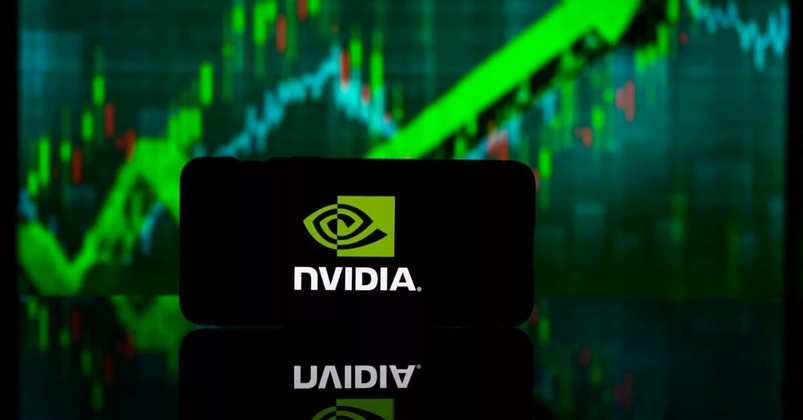Spread bets and CFDs are complex instruments and come with a high risk of losing money rapidly due to leverage. 72% of retail investor accounts lose money when trading spread bets and CFDs with this provider. You should consider whether you understand how spread bets and CFDs work, and whether you can afford to take the high risk of losing your money.
- English (UK)
Long ‘stupid nicknames for baskets of stocks’ might have been the best trade of the last year or so.
I jest, of course, but it is getting rather ridiculous at this point – we’re all familiar with the ‘magnificent seven’ on Wall Street, but that may now be becoming the ‘super six’ amid Tesla’s dismal start to the year. As if that wasn’t bad enough, we now have to deal with the ‘seven samurai’, the equivalent basket of Japanese equities, as well as the ‘GRANOLAS’, an acronym for a similar bucket full of European stocks. I must confess my own guilt here, in that I also coined the ‘sick seven’, to name the seven largest stocks in the FTSE 100.
However, I’m prepared to say that enough is enough. And, ask the question that nobody seems prepared to ask – does concentration even matter?
As far as I can work out, and I’m happy to be corrected on this, the answer to that is a resounding ‘no’.
The first argument that springs to mind here is that index concentration is bad news for stock pickers, and active managers. This is, of course, true, yet unless you are a stock picker or active manager attempting to outperform the market, I see little reason to be particularly perturbed by this.
Another argument is that, the more concentrated an index is, the more volatile it is likely to be. While there may well be some relationship between the two, it appears ropey at best. It is also the case that, while indices may be concentrated, they tend at present to be concentrated among stocks that operate across vast swathes of the economy – take Amazon, for instance, a retailer, which is also a media company, an advertising agency, a logistics firm, a payments facilitator, and a huge player in the cloud computing space. These aren’t exactly ‘one trick ponies’.
_2024-02-26_20-26-25.jpg)
What other straws can we clutch onto here?
Valuation may be one, particularly with passive money flooding into index funds, chasing the biggest stocks ever-higher, and meaning that the big only continue to get bigger. While valuation does, clearly, now matter in a world where money is no longer free, stocks being ‘expensive’ on P/E, or any other ratio of your choosing is no reason to expect them to roll over. In the same way, naturally, that a market being ‘cheap’ is no reason to expect it to automatically rally, as anyone involved in the London market in recent years can well attest to.
Fragility is something else that some may worry about, and is a valid concern; if 9% of an index is weighted towards a single stock – as in the case of Microsoft (MSFT) and the Nasdaq 100 – it’s logical to be concerned about downside in that name having a detrimental impact on the broader market, the polar opposite of what is seen on the way up. However, once again, this argument doesn’t seem to stack up to statistical scrutiny, with index concentration never having reached particularly noteworthy levels before recent significant market drawdowns.
So, what to make of all this? In short, concentration chatter is a great way to grab headlines, and fill up column inches, particularly when the market has been rallying for some time, and there is seemingly little else to talk about. It appears there is little edge, or value, in this sort of information.
If today’s news really is tomorrow’s chip paper, that might well be the best use for any column inches chock full of mentions of how narrow markets have become.
Related articles
The material provided here has not been prepared in accordance with legal requirements designed to promote the independence of investment research and as such is considered to be a marketing communication. Whilst it is not subject to any prohibition on dealing ahead of the dissemination of investment research we will not seek to take any advantage before providing it to our clients. Pepperstone doesn’t represent that the material provided here is accurate, current or complete, and therefore shouldn’t be relied upon as such. The information, whether from a third party or not, isn’t to be considered as a recommendation; or an offer to buy or sell; or the solicitation of an offer to buy or sell any security, financial product or instrument; or to participate in any particular trading strategy. It does not take into account readers’ financial situation or investment objectives. We advise any readers of this content to seek their own advice. Without the approval of Pepperstone, reproduction or redistribution of this information isn’t permitted.




